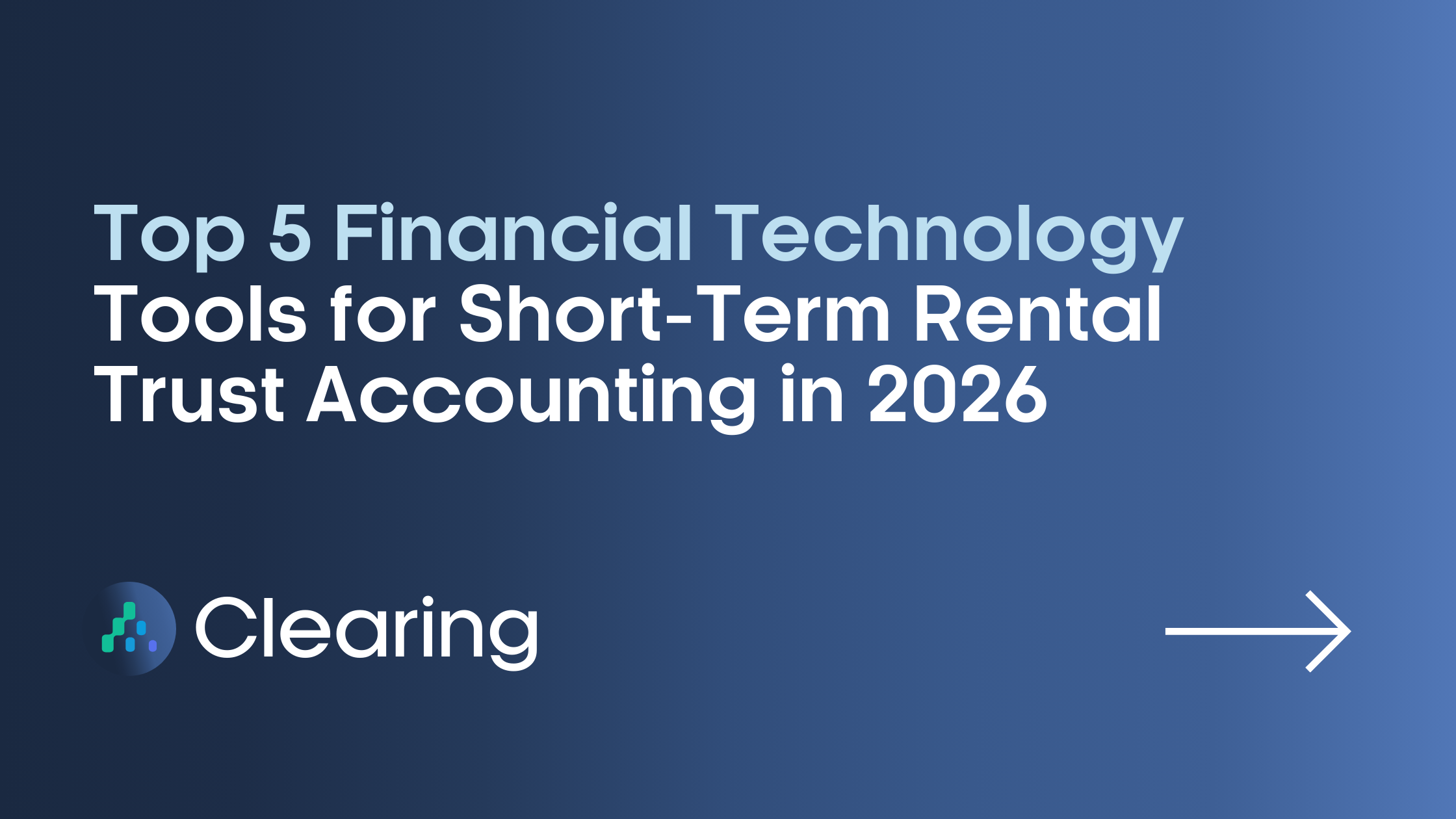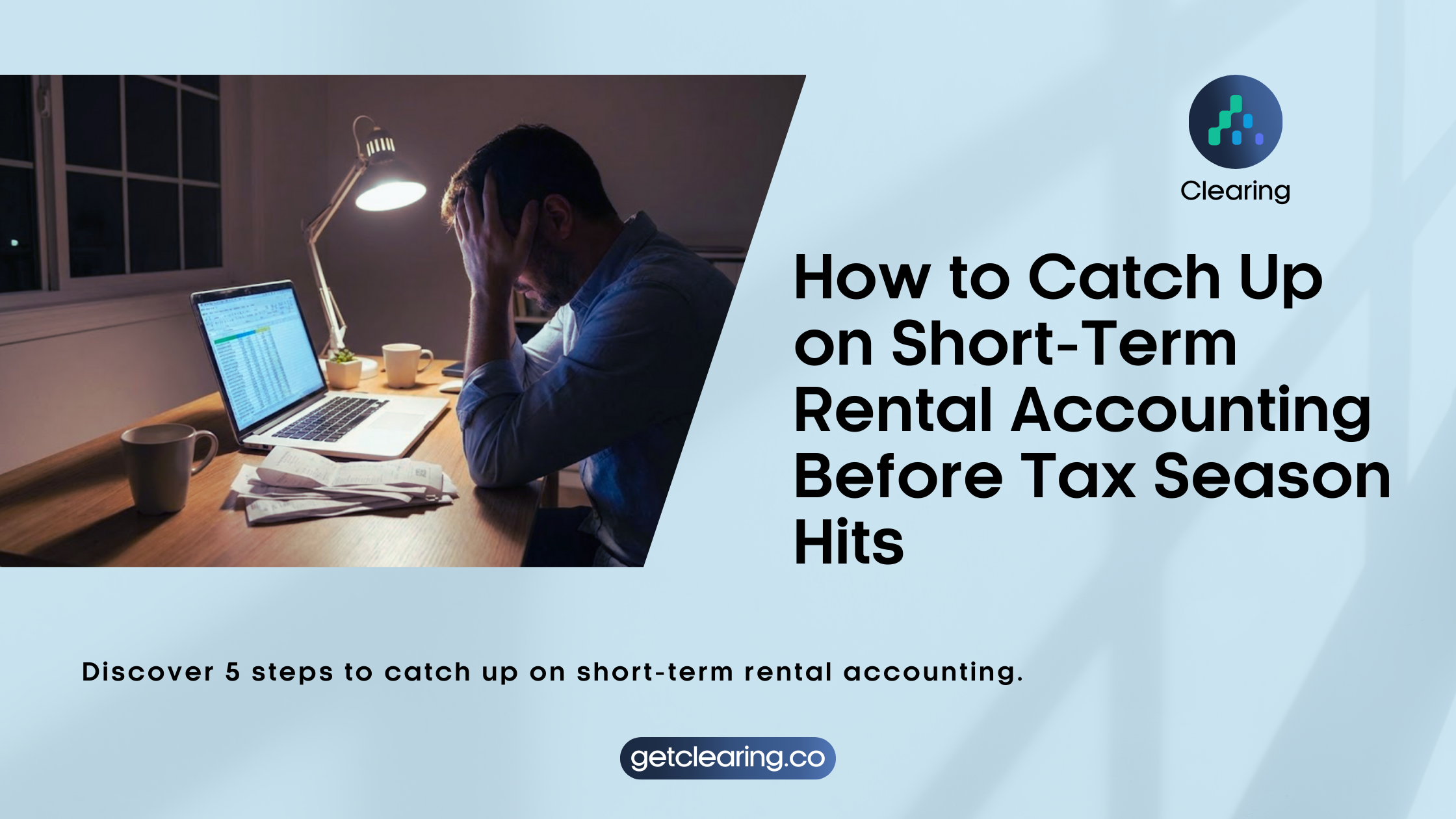Unveiling the Surprising Truths about Short-Term Rentals: A Comprehensive Analysis
Discover the surprising truths about the Short-Term Rental industry. From their diverse usage to unique experiences and impact on the local economy, explore why Short-Term Rentals are gaining popularity. Learn about affordability, legal considerations, and more.
July 18, 2023
Benjamin

Short-Term Rentals, which have been steadily growing in demand and popularity over the past few years, are now a popular choice for travellers looking for affordable, convenient, and unique experiences. However, despite their growing popularity, there are some surprising truths about the Short-Term Rental industry that many people may not know.

They are NOT just for vacationers
Many people assume that vacationers primarily use Short-Term vacation rentals. However, the truth is that they are used for a wide range of purposes. Business travellers, students, former residents, people relocating, and those seeking medical treatment are just a few examples of people who often use Short-Term Rentals for their housing needs.
According to a study by the American Hotel and Lodging Association, 30% of travellers who use Short-Term Rentals do so for business travel. Another study by HomeAway found that 25% of travellers who use Short-Term Rentals do so for single-family trips.
They are NOT all created equal
While there are many benefits to staying in a furnished living space or Short-Term Rental property, not all investment properties and vacation rentals are created equal. Various Short-Term Rental properties are available, ranging from basic studio apartments to single-family homes to luxury villas with private pools. It's essential for travellers to research and carefully select the right rental property that meets their needs and budget.
According to a study by Guesty, a popular property management software company, the average nightly rate for a Short-Term Rental in the US is $201. However, this varies widely by city and location. In New York City, for example, the average nightly rate for a Short-Term Rental is $305, while in Orlando, it's only $144.
They CAN offer unique experiences
One of the most appealing aspects of Short-Term Rentals is the opportunity to experience unique and local experiences. Unlike a hotel or motel, Short-Term Rentals are often located in residential neighbourhoods, allowing travellers to experience the local culture and community. Many Short-Term Rentals also offer unique amenities, such as a fully equipped kitchen or access to local activities or events.
According to a study by Airbnb, 67% of their guests choose to rent or stay in a Short-Term Rental because it offers a unique experience. Another study by HomeAway found that 72% of travellers who decide to use Short-Term Rentals do so because they want to experience the city and local culture.
They CAN be more affordable than hotels
Short-term rentals are often more affordable than traditional hotels, especially for families or groups who require more space. Short-Term Rentals also offer additional cost savings in the form of a kitchen, which allows travellers to prepare their meals and save money on dining expenses.
According to a study by Tripping.com, a vacation rental search engine, Short-Term Rentals can be up to 18% cheaper than hotels. Another study by HomeAway found that families who use Short-Term Rentals save an average of $742 per week on food and drink expenses.
They DO have an impact on the local economy
Short-Term Rentals significantly impact the local economy, as they provide opportunities for property owners to generate income and support local businesses. In addition, Short-Term Rentals can help boost tourism and provide travellers with a unique and memorable experience.
According to a study by the National Multifamily Housing Council, Short-Term Rentals generate $17 billion in economic activity each year. Another Airbnb study found that guests spend an average of $744 on local businesses during their stay.
They CAN be a legal grey area
The legality of Short-Term Rentals can be a grey area, as many cities and states have different regulations, taxes, and restrictions on using Short-Term Rental properties. Both property owners and renters must research and understand the local laws and regulations before a lease, listing, or booking occurs for the Short-Term Rental property.
According to a study by the Urban Politics and Governance Research Group, 65% of cities in the US have regulations or restrictions on Short-Term Rentals. These rules and regulations vary widely, from requiring permits or licenses to fees or outright bans on Short-Term Rentals.

Short-Term Rentals have become an increasingly popular and versatile option for travelers, offering a unique and local experience that can be more affordable than traditional hotels. However, property owners and short-term renters need to be aware of their local governments' legal and regulatory landscape surrounding Short-Term Rentals and carefully select properties that meet their needs and budget. With the right research and preparation, the owner of a Short-Term Rental can offer a memorable and enjoyable experience for travellers and positively impact the local economy.
Please note that the data and statistics provided in this article are for illustrative purposes only and may not reflect the most current information as some of the company information used to present the data may be outdated as the industry is ever-evolving. It is always recommended to conduct independent research for the most up-to-date and accurate market data in the Short-Term Rental industry.
To learn more about managing finances within Clearing, book a demo today!
Clearing is a Financial Technology Company, not a bank.






.png)
.png)
.png)

.png)

.png)


.png)
.png)
.png)
%20(1).png)
%20(1).png)
%20(1).png)
.png)
%20(2).png)
%20(1).png)
%20(1).png)
.png)

.png)
.png)
.png)
%20(1).png)
.png)
.png)
.png)
.png)
.png)
.png)
.png)
%20(1).png)
.png)
.png)
.png)
%20(1).png)
%20(1).png)
%20(1).png)








.jpg)
%20(1).png)
%20(1).png)
%20(2).png)
%20(1).png)

%20(1).png)
%20(1).png)
%20(1).png)



%20(1).png)
%20(1).png)
%20(1).png)
%20(1).png)
%20(1).png)


%20(1).png)
%20(1).png)
%20(1).png)
%20(2).png)
%20(2).png)



%20(2).png)


%20(2).png)
%20(1).png)
.png)


%20(2).png)
%20(2).png)

.jpg)
.png)
.png)
.png)



.png)

.png)